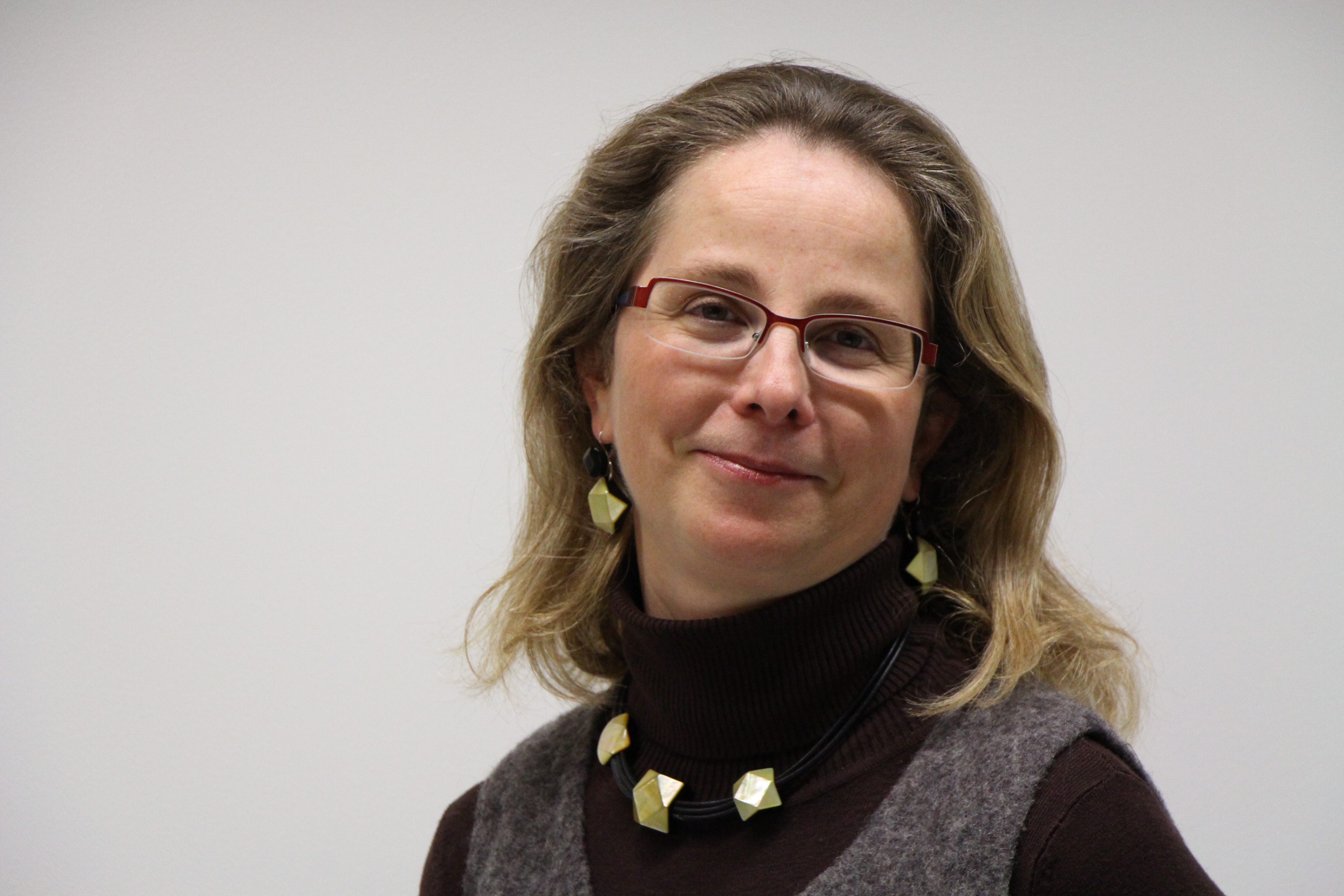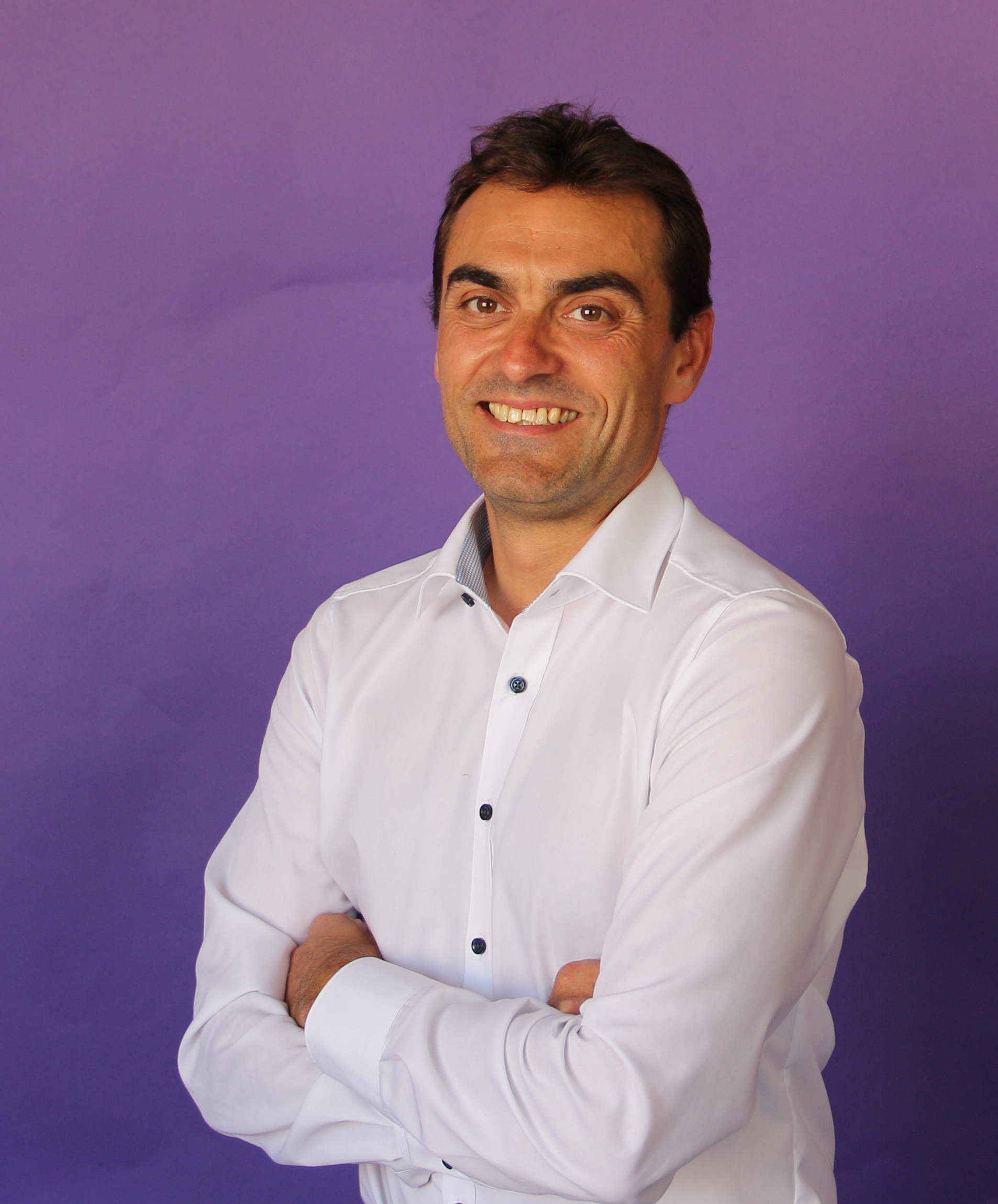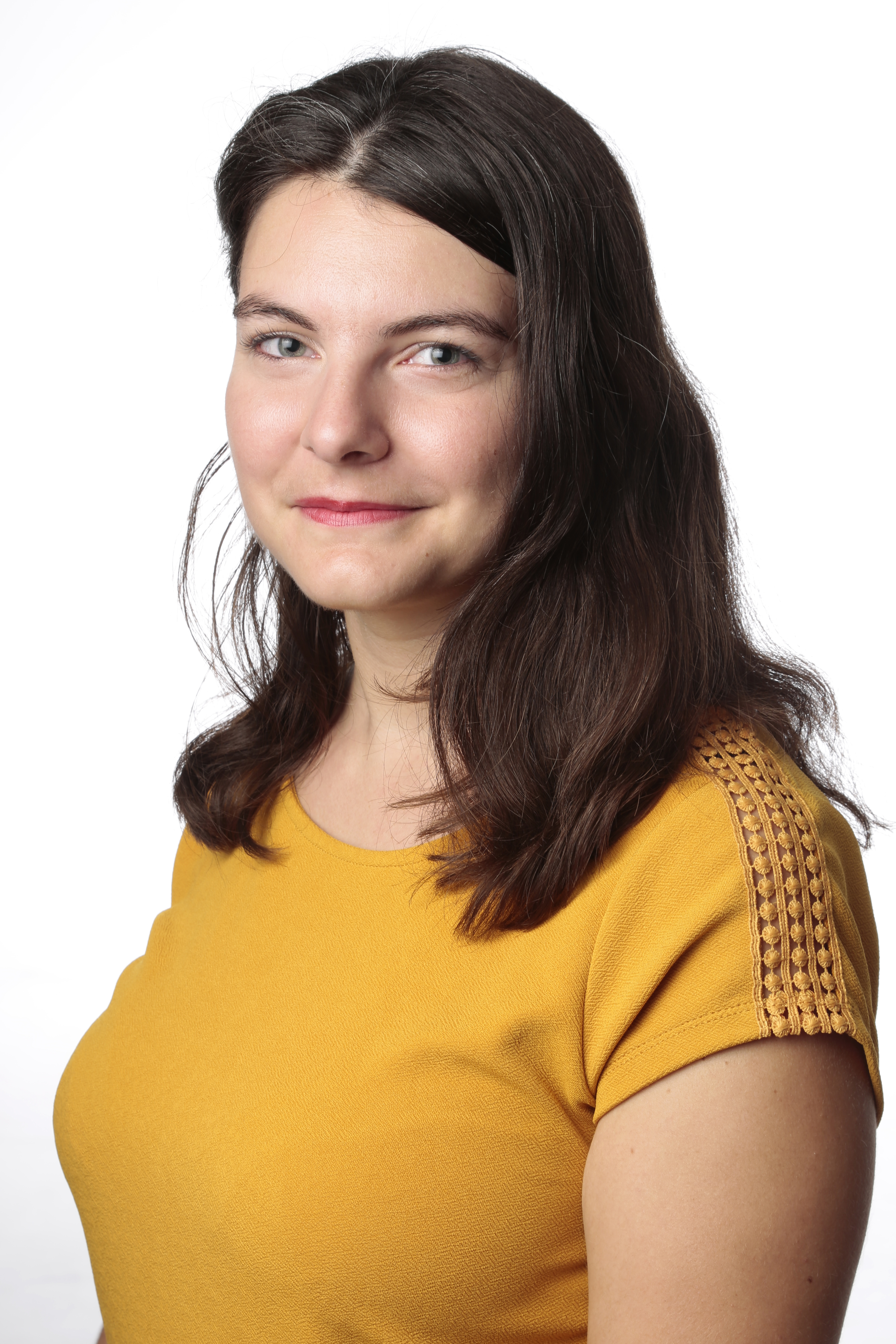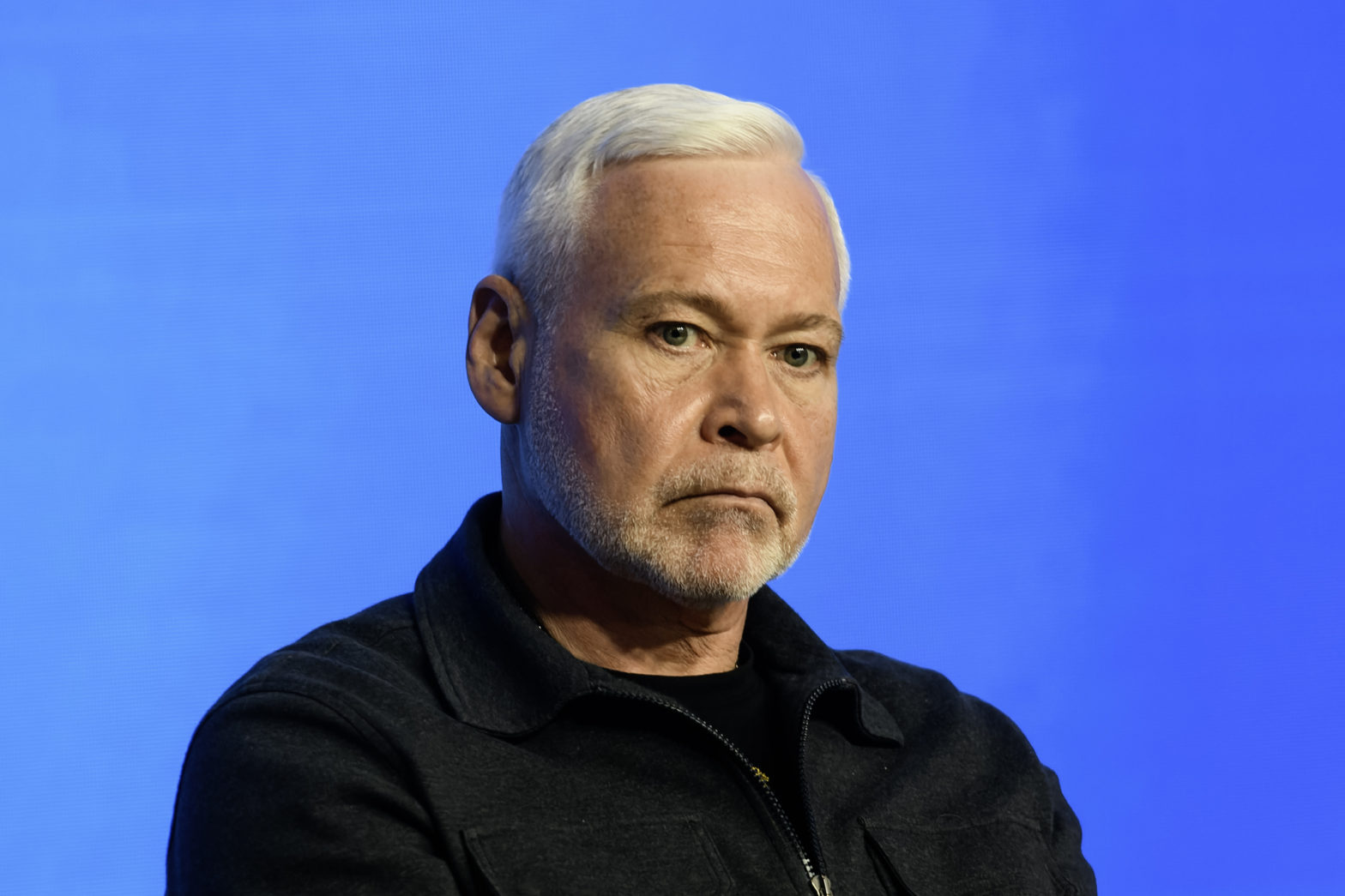
Photo: Nick-Harris
Paris looks to start-ups to create a new wave of solutions
01 June 2018
by Jonathan Andrews
Jonathan Andrews travelled to Paris to see how the city is generating solutions from open innovation challenges connecting start-ups, corporates and the city government
Think of Paris and images normally spring to mind of famous landmarks, culture, food and joie de vivre embedded from countless films, art, television and postcards.
It has always been a cool city–avant garde comes from the French–but Paris as a ‘smart’ city is not normally an idea you would associate with this classical tourist hotspot.
Yet the City of Lights now wants to be the city of sensors. The French capital has been pushing its smart city credentials since 2010 when the city became one of the first to introduce an open data policy, making all structured data accessible by open license to promote their reuse and generate new applications. Two years prior it had begun to build an ecosystem of start-ups.
“Even when we are invited to speak about Paris a lot of cities still have a vision of ‘old Paris’ and they don’t always see us as a technology city,” explains Sabine Romon, Chief Smart City Officer, City of Paris. “This is in comparison to some other cities [nurturing start-ups] where it has only happened in the last five years. It is something we still have to explain–all the economic development and the offers we give to start-ups in Paris and about what the city is doing.”

In 2011 the Deputy Mayor for Innovation and Urban Planning, Jean-Louis Missika, established the city’s own economic development agency, Paris&Co. Since then, it has been working to create the city as a test-bed and living lab for experimentation.
Romon, who worked at the agency at the time, says it was created to bring technological innovation into the city and allow for the full testing of solutions.
“The idea with the living lab was to bring start-ups and the city together,” she explains. “Start-ups are always looking for a test-bed, and a city is always looking to reduce risk with new innovations. In the beginning there were probably 50 start-ups. Now they have created 12 platforms on transport, tourism, health and sport, among others.”
Open innovation
The natural progression and merging of data, start-ups and city solutions led to the creation of DataCity in 2015, a spin off from a Paris-based accelerator, which seeks to find solutions to urban challenges through open innovation. Launched by NUMA–an incubator and accelerator of new business ideas–DataCity is a meeting point of city government, corporates, start-ups and technical partners. Managed by a special team within NUMA, the partners work together throughout a nine-month programme to define urban challenges and develop solutions using data. It has just concluded its third phase covering energy, waste and water management, mobility and logistics, public safety, and building and housing.
“It is a specific programme on open innovation with open data, jointly chaired by start-ups, companies and the city, brainstorming challenges together around urban issues and to provide a solution that is mutually beneficial and interesting to all three parties,” explains Jean-Philippe Clément, Chief Data Officer, City of Paris.

As part of the agreement with NUMA, approximately 20 percent of Clément’s time is spent working with DataCity. His position is a relatively new one, having been created by the current mayor, Anne Hidalgo, in 2016. The rest of his time is spent coordinating a cross-city departmental approach to data and aligning these together.
Aspects that have won DataCity praise by all stakeholders have been the focus on providing concrete solutions that work on real issues that citizens are facing.
In terms of testing a solution–and financing that–DataCity finds corporate sponsors for each tailor-made programme to address the challenges raised by the city. The corporate and city work closely together to define the challenge and which datasets will be opened up then an open innovation call is put out to start-ups through the NUMA network to find suitable projects which can then move to a testing phase.
“There are lots of incubators, labs, innovation and start-ups but I think there is no such programme or a team like ours that specifically focuses on data,” explains Emmanuel Léger, Managing Director, DataCity. “We play the role of a kind of matchmaker and a platform for these people to work together.”
Léger is no stranger to both the corporate and the start-up world. He worked at energy company, Total, before beginning his own start-up. He then realised he wanted to bring both those experiences together. “[Joining DataCity] was very logical because it was a way for me to merge the backgrounds that I have and make the best out of a changing world,” he says. “Cities are at a vital and critical point in time, when until recently that had been shaped by the big corporates of the world, now they are being reshaped by smaller companies.”
Built into the programme is a mandatory amount of time that all three, the city, corporate and start-up, must provide, “because if there is no engagement, nothing would happen,” adds Léger.
One start-up that has benefited from the programme is Lyon-based BeeBryte, which provides artificial intelligence for smart buildings, helping them become more energy efficient.
In the second round of DataCity challenges, the City of Paris specified it wanted solutions to help it achieve its target–as outlaid in the Paris Climate Plan–to reduce energy consumption in its buildings by 10 percent by 2020 through behavioural action.
“We applied to a challenge about helping people who wouldn’t ordinarily know anything about energy like school headmasters or the boss of a gymnasium to lower their energy consumption by taking small steps or actions to nudge them in the right direction,” says Manon Dirand, Head of Sales & Marketing, BeeBryte.

BeeBryte established a simple dashboard that allowed municipal building managers, in one area of Paris, to know in real-time what the gas and electricity consumption and temperature of a particular building was. It also helped them to objectify the impact of their eco-actions and the evolution of a building’s carbon footprint.
The start-up is waiting for confirmation to see if it has officially won the tender to expand this to all City of Paris buildings. Although the team have worked with other incubators, Dirand says they were more about mentoring, bringing a business to market or applying for grants.
“DataCity is more about connecting with people we don’t have access to and doing a project together,” she says. “I don’t think we would normally have a shot at a public tender with the City of Paris without doing the programme first and showing that we are capable. Reliability isn’t something that typically goes with the start-up world. You have to prove that you are capable and reliable with your solution.”
Dirand believes that through DataCity, the fact that a product is generated makes the difference.
“DataCity really follow the project so they make sure you have a prototype that works and a product that works, something real that you can present and test,” she says. “It is not something you see in every challenge.”
Procurement challenges
Paris has some of the most stringent, centrally controlled–and some might say cumbersome–rules around procurement. Yet, DataCity enables Paris to experiment in small sections of the city without having to make a large purchase.
“It is a co-production and is not something we pay the start-up to do,” explains City of Paris’ Romon. “The idea is that the city is not the only [potential] buyer, so we are never the main leader of the project, but a co-leader. The [corporate] partner may be a buyer too. If we want to replicate it and scale it up all over the city we will have to go through our usual standard of procurement.”
This is the position that BeeBryte’s Dirand now finds herself in. BeeBryte began the procurement process in July last year and is still waiting for official confirmation on the contract to expand the dashboard.
“It is a very long process for us and we did it for the City of Paris because we knew we had a chance to win and because of the relationship built from DataCity,” explains Dirand. “We wouldn’t have done it for any other city. It’s a very long process with a lot of documents to write and it’s very long-term for us.”
Data, not products, as solutions
One start-up that has cleared this final hurdle and will begin rolling out its solution across the rest of Paris is craft.ai. Their challenge was to reduce the presence of residential rubbish bins on city streets.
“In Paris you have to take out your trash between 6pm and midnight, so you never know when you should take out your trash and when the trucks will stop by,” explains Matthieu Boussard, lead scientist at craft.ai.
Legally, all private bins are not allowed on the street for longer than 75 minutes for sanitary reasons, yet often this is breached because the trucks have not passed or nobody has returned the bins inside.
Craft.ai is not normally active on waste management issues but when the team saw the challenge they realised that artificial intelligence and data could be harnessed to provide a solution. In 2017, GPS chips were installed on the collection trucks and rubbish bins in the 14th arrondissement (district of Paris). This allowed craft.ai to create models to precisely anticipate the times when a truck would arrive in a given neighbourhood and was shared with drivers through an itinerary calculator so they could adapt their route. It was also given to building managers and residents so that bins could be brought out at the optimal time, coinciding with the collection and freeing up the pavement for pedestrians.
The start-up worked with the city on data for the routes and with Suez, a multinational utility company, on the digital platform and logistical support.
“We managed to build a predictive model using that data and reduced the presence of trash bins in the street by 46 percent,” says Boussard.
Craft.ai continued to work with the city after the DataCity challenge was over to access more data that opened a new API (application programming interface) to increase precision on predictions and to further reduce the presence of trash bins on the street. The City of Paris is in the process of expanding this and would like to see it implemented across the entire city.
“It is all about open innovation between all three of us [the city, Suez and craft.ai],” says Boussard. “Sometimes when you do open innovation there is some work for the start-up and then it stops or they don’t provide all the data. During the project we needed access to additional data which wasn’t then possible but within one week the city provided us with a new API, it was amazing.”
The business angle was also of course a big factor for craft.ai and scale is the challenge. Suez provided the dashboard to display craft.ai to Parisians and Boussard reveals that they are in talks to apply this service in several cities in Spain.
‘‘It’s a partnership where craft.ai is an instrumental technology enabler that Suez can efficiently leverage to sell solutions to other cities,” he adds.
Can the model work in other cities?
DataCity has since expanded to Casablanca, and in April announced its opening in Berlin with Barcelona scheduled to begin this summer. Singapore was also scheduled to join the programme but has since been put on hold due to logistical limitations.
Léger says the challenge is now to replicate the Paris model, to find the right corporate partners and start-ups that can help solve the challenges as laid out by the city, and with the same amount of commitment.

The big issue for DataCity is that it does not have access to the same quality of start-up, corporate or friendly councillor that it has enjoyed in its home city. Although NUMA has offices in other cities such as New York, Barcelona and Bangalore, Léger is aware of the need to build strong partnerships and strong teams at the local level.
“It is one variable and we are aware of this,” admits Léger. “This is one of the key elements of success of the programme, and that is thanks to Paris, because we may not receive the same level of support in other cities.”
But what DataCity has achieved in the French capital is different and transferable because by working to address particular city needs with an approach based on open innovation and grant-based finance, the city’s risk is lowered, yet the returns are higher because the government gets a demand-led solution rather than a vendor’s ‘tailored’ package.
“Paris has shown that the infrastructure of the 21st century is not about pipelines, electrical lines, or building roads, it’s more about data and what it can add to existing infrastructure, to enable a city to reshape the services it offers,” adds Léger.
Paris may not be the first name in the innovation rankings but it could turn out to have created one of the best models for smart, urban development.








